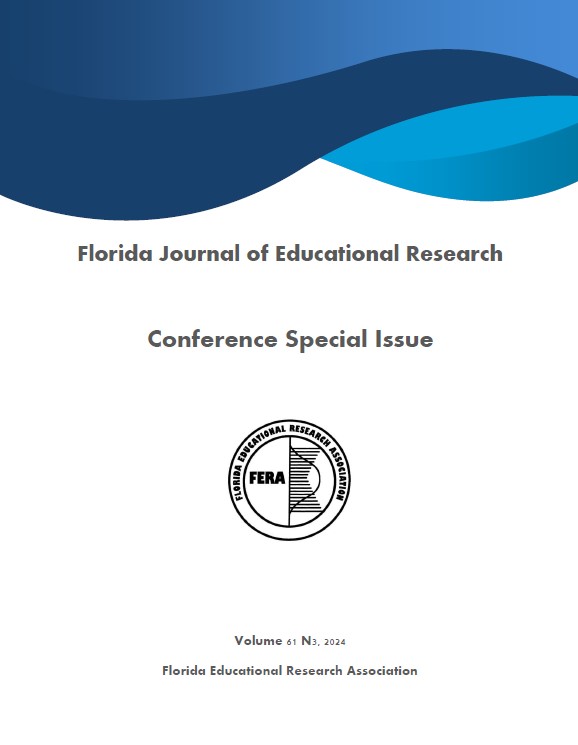Outcomes of a District-Wide Extended School Year Program for High School Students
DOI:
https://doi.org/10.62798/LFEN6625Keywords:
academic achievement, graduation, High School, extended school yearAbstract
Across the United States, school districts offer Extended School Year (ESY) programs to K-12 students. These programs are designed to address learning gaps, provide opportunities for credit recovery, and enhance skills for students with disabilities. This study investigates the impact of one such program, implemented for high school students throughout a Florida public school district, on student academic performance and graduation outcomes in the subsequent academic year. Due to selection criteria that resulted in potential baseline differences between participants and non-participants, this study employs a non-experimental, retrospective, pre/post design. Students who participated in ESY generally had lower initial standardized test scores than their non-ESY peers. ESY students showed statistically significant year-on-year growth as measured by repeated end-of-course exams in Algebra 1 (d = .20) and Geometry (d = .48), but small declines in English Language Arts from grades 9 to 10 (d = -.23). However, controlling for prior achievement and socioeconomic status, we found no significant association between days of ESY attendance and final test scores. Beyond test scores, we further explored seniors’ graduation pathways. For seniors at risk of not meeting graduation requirements with their cohort, 67 percent of ESY participants had successfully graduated by the next spring.





